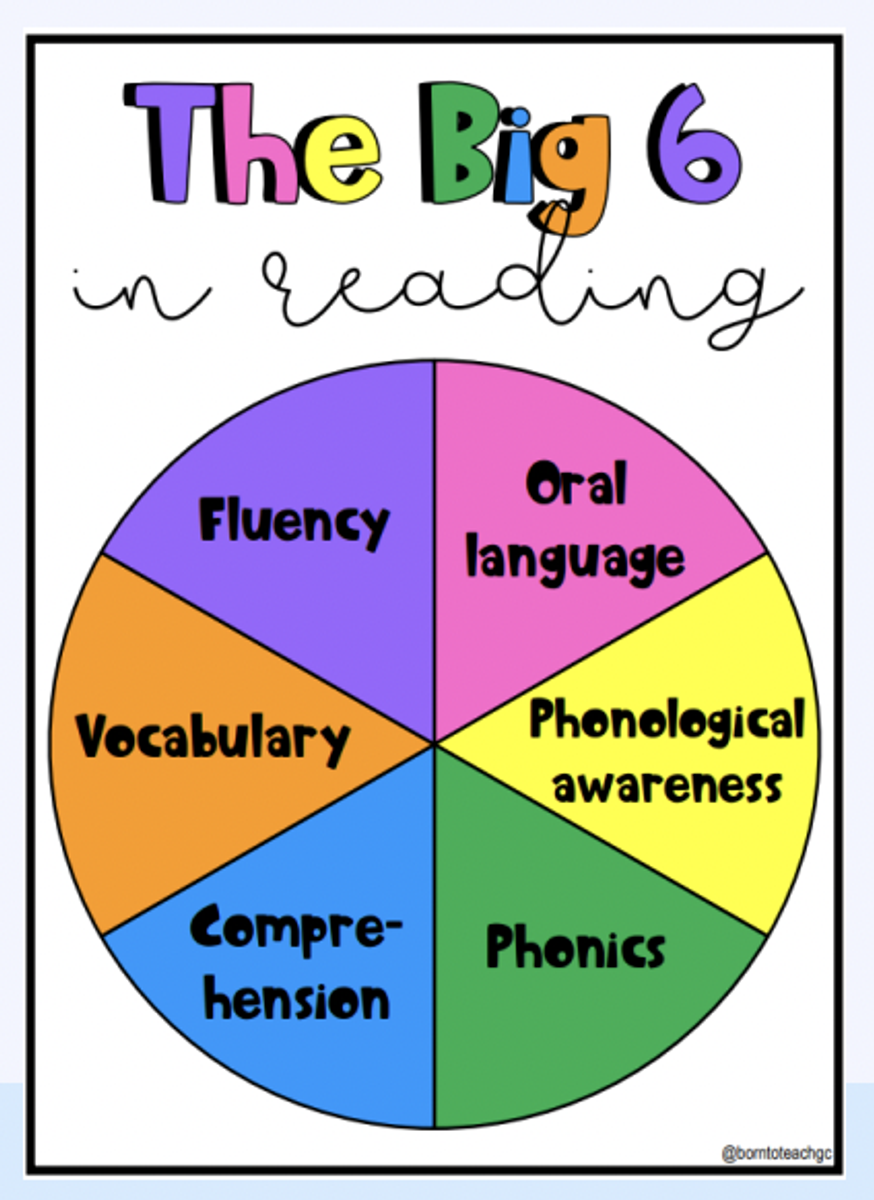Reading
Empowering Students with Six Big Keys to Reading
We are excited to update you on our continued efforts to enhance literacy instruction at St Martha’s School. As part of our ongoing commitment to fostering strong reading skills among our students.
Reading is a complex process that involves both learning to decode texts and learning to make meaning from texts. Research has shown that there are six key components that contribute to successful reading. These components have become known as ‘The Big Six’: oral language, phonological awareness, phonics, vocabulary, fluency and comprehension.
Oral Language: Speaking and listening to build a foundation for reading.
Vocabulary: Knowing and using an expanding range of words.
Phonological awareness: Building awareness of the sounds of language including rhythm, rhymes and syllables.
Phonics: Understanding and knowing the relationship between letters and sounds.
Fluency: Reading with accuracy, expression and appropriate pace.
Comprehension: Using specific strategies to understand a text.
Our Implementation of the ‘Big Six’ at St Martha’s:
- Oral Communication: Oral communication is essential for participating in classroom discussions, engaging with peers in collaborative learning activities and expanding the students vocabulary.
- Phonemic Awareness: Students engage in activities that develop their ability to identify and manipulate sounds in words. These activities include rhyming games, phoneme segmentation and sound blending exercises.
- Phonics: Our curriculum emphasises systematic and explicit phonics instruction, teaching students the relationship between letters and sounds. We use structured resources to support students in decoding words accurately and fluently.
- Fluency: We teach students to understand that reading fluently involves smooth, expressive reading. Regular reading practice in the classroom enhances fluency, making the reading experience enjoyable and meaningful.
- Vocabulary: Vocabulary development is integrated into all areas of the curriculum, with a focus on explicitly teaching keywords and concepts. We provide opportunities for students to encounter new words in context and explore their meanings through discussions and activities.
- Comprehension: We teach students strategies for understanding and interpreting texts, including predicting, summarising, questioning and making connections. Instructional reading sessions and comprehension activities help students develop their comprehension skills across different genres.
What are the benefits of the ‘Big Six’?
- Improved reading skills: By focusing on the essential components of reading, students develop a strong foundation in literacy that supports their overall reading proficiency.
- Increased confidence: With targeted instruction and practise, students gain confidence in their reading abilities and are more willing to engage with challenging texts.
- Enhanced academic performance: Strong reading skills are linked to academic success across all subject areas, empowering students to excel in learning.
What can be done at home?
We encourage parents to support your child’s literacy development at home by:
- Reading with your child regularly and discussing the text.
- Encouraging independent reading and providing access to a variety of reading materials.
- Practising phonemic awareness and phonics skills through games and activities.
- Encourage rich conversations with your child. Discuss daily experiences, ask open-ended questions, and listen attentively.
Happy Reading!
Chelsea McKeown
(Instructional Specialist)


